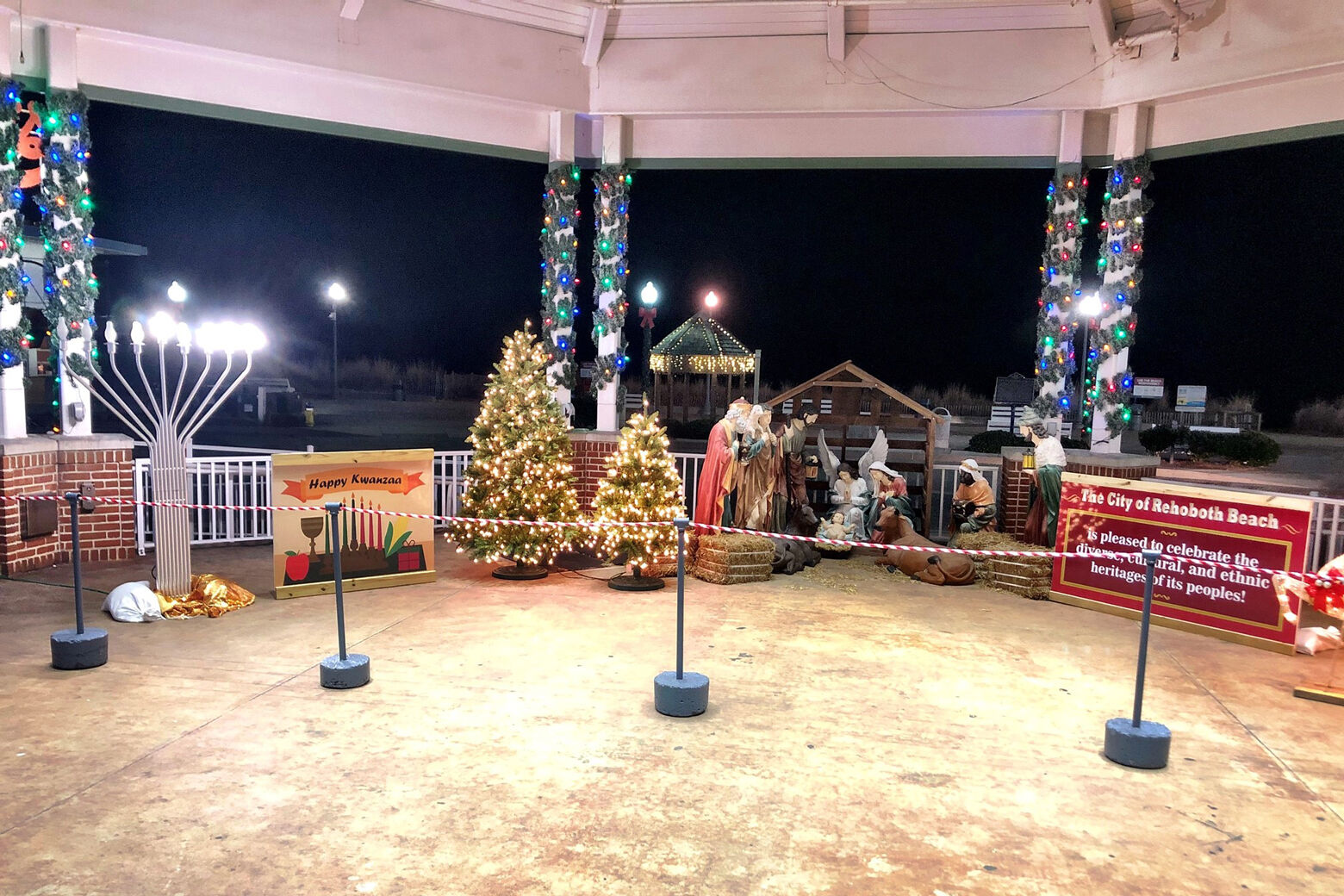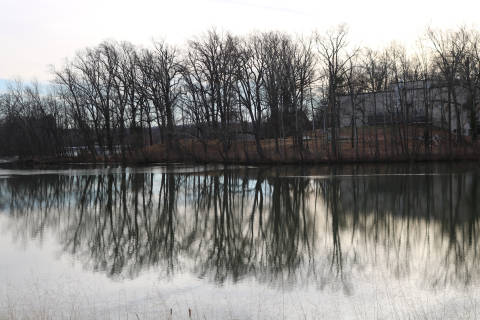A holiday display in the bandstand on Rehoboth Beach’s boardwalk is at the center of a federal lawsuit.
The bandstand, located on Rehoboth Avenue in the Delaware beach resort, has been the site of Christmas displays over the years.
In 2018, when the local Knights of Columbus erected a nativity display inside the bandstand, the city told them to remove it.
According to the Knights, Rehoboth’s mayor at the time told them “singular displays of this sort (referring to the crèche,) are more appropriately placed on private property.”
After two winter holiday seasons without a religious display in the Rehoboth bandstand, the Knights filed a federal lawsuit, claiming religious discrimination.
With Christmas approaching, the Knights filed a motion for a preliminary injunction, asking a judge to rule quickly to prevent Rehoboth Beach from enforcing its policy that banned nativity scenes for a third year.
Meanwhile, in November, Rehoboth Beach commissioners approved spending up to $10,000 on a bandstand holiday display that would be installed and maintained by the city.
And, the city approved an ordinance prohibiting private holiday exhibits on public property, then modified it to deal with all unattended exhibits on public property, year-round.
Today, the bandstand is filled with holiday decorations, erected by the city. Multicolored lights line the bandstand’s exterior columns.
In the middle is a Nativity scene. Nearby is a large illuminated menorah, with mention of Hanukkah, a sign reading “Happy Kwanzaa,” as well as a Christmas tree and snowman.
And a large sign reads: “The City of Rehoboth Beach is pleased to celebrate the diverse, cultural, and ethnic heritages of its peoples!”
Friday, U.S. District Court Judge Stark Leonard Stark denied the motion for preliminary injunction, and invited the city and the Knights of Columbus to work toward a resolution.
“Defendants have met their heavy burden and have shown that ‘subsequent events make it absolutely clear that the allegedly wrongful behavior could not reasonably be expected to recur,'” Starks wrote, in declaring the motion moot.









